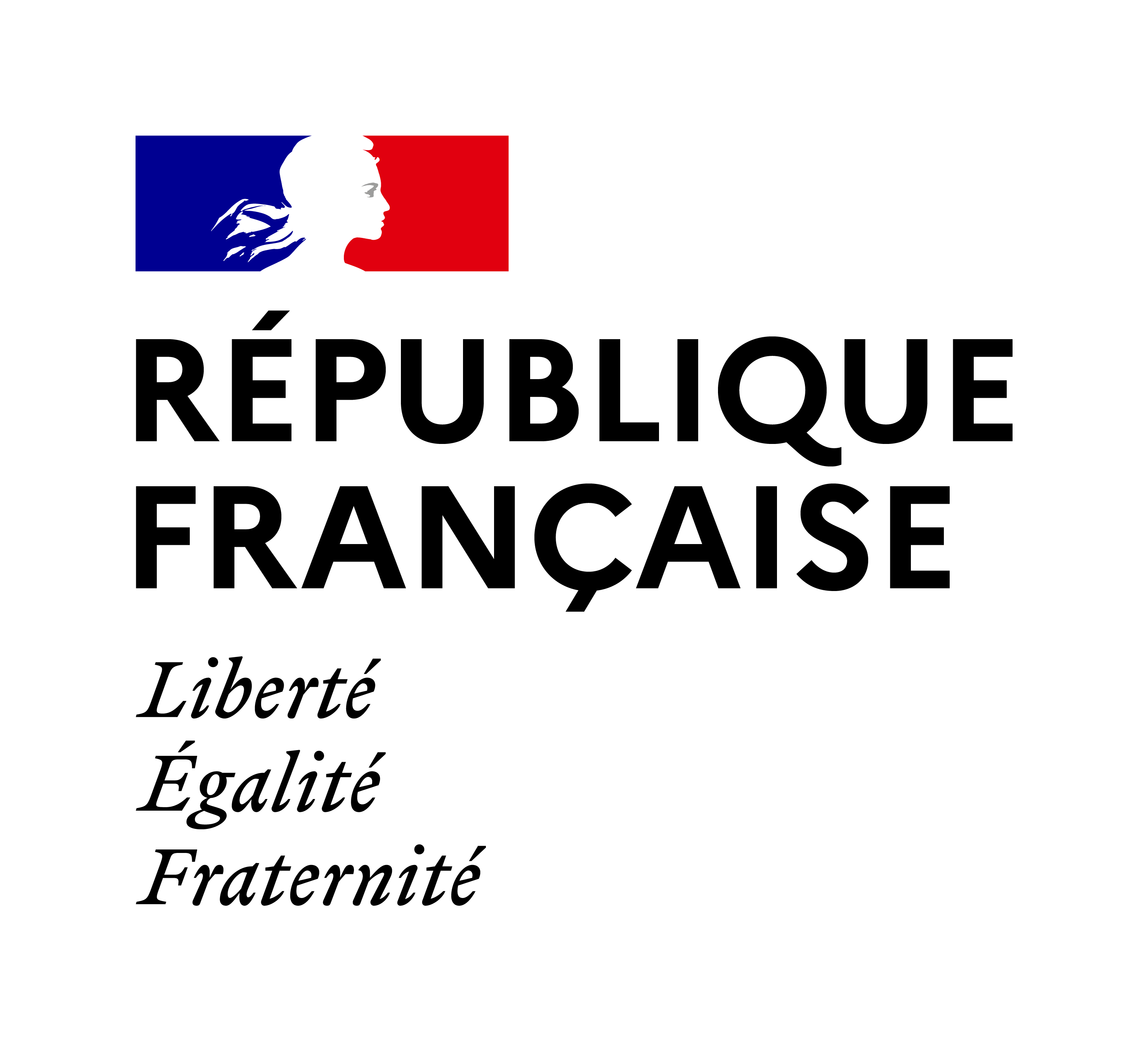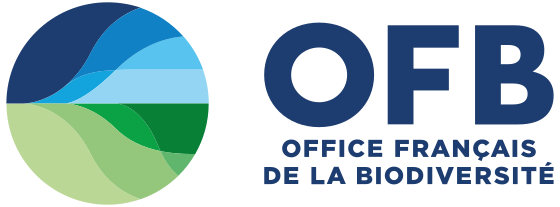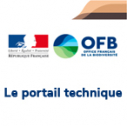Technical measures to reduce incidental catches
To mark World Day of Artisan Fishermen and Fishworkers, the French Biodiversity Agency is highlighting two innovative solutions presented on the Solupêche platform.
Solupêche is a platform developed by the French Biodiversity Agency and the National Committee for Sea Fishing and Marine Animal Husbandry (CNPMEM). Geared towards stakeholders in the fishing industry, this platform presents a number of technical devices designed to reduce the impact of fishing gear on habitats and protected species. The platform applies to all types of vessels.
For each solution, a summary sheet explains how it works and its effectiveness. The platform also provides information on best practices for limiting impacts.
Among the range of devices presented, two innovative solutions aim to reduce accidental catches: the acoustic beacons developed as part of the DOLPHINFREE project, and the "Trash & Turtle excluder device" (TTED).
The DOLPHINFREE project was launched in 2020 by the University of Montpellier and numerous partners. Currently in its developmental phase, it aims to limit the accidental capture of dolphins, the leading cause of mortality during fishing operations. The idea is to "communicate" with dolphins via an acoustic beacon that emits an understandable and interpretable signal to alert them to the presence of a net and the associated risk of mortality.
After several years of development, the beacons have now been tested. Initial results are encouraging: the dolphins seem to pick up the signal well, staying at a safe distance before moving away from the emission zone.
The device is currently being deployed under real-life conditions, during fishing practices, to assess its ease of use and its ability to limit catches. In particular, it is being used in Finistère, in partnership with the PECHDAUPHIR project, run by the Comité départemental des pêches du Finistère and the Parc naturel marin d'Iroise.
As part of the cetacean action plan, it will also be tested next winter in the Bay of Biscay, on some forty vessels.
Less technological but just as effective, the "Trash & Turtle excluder device" (TTED) was designed in the USA in the 1980s. Thanks to its double-flap system, it prevents the accidental capture of sea turtles by trawls targeting shrimp.
Its use was tested in French Guiana as part of a partnership project between WWF, the Regional Committee for Sea Fisheries and Marine Farming and Ifremer. According to this work, the use of TTED reduced sea turtle bycatch by 97%, while maintaining an almost equivalent level of shrimp caught.
On the basis of this study, this device is now mandatory on all Guiana's shrimp trawlers.




